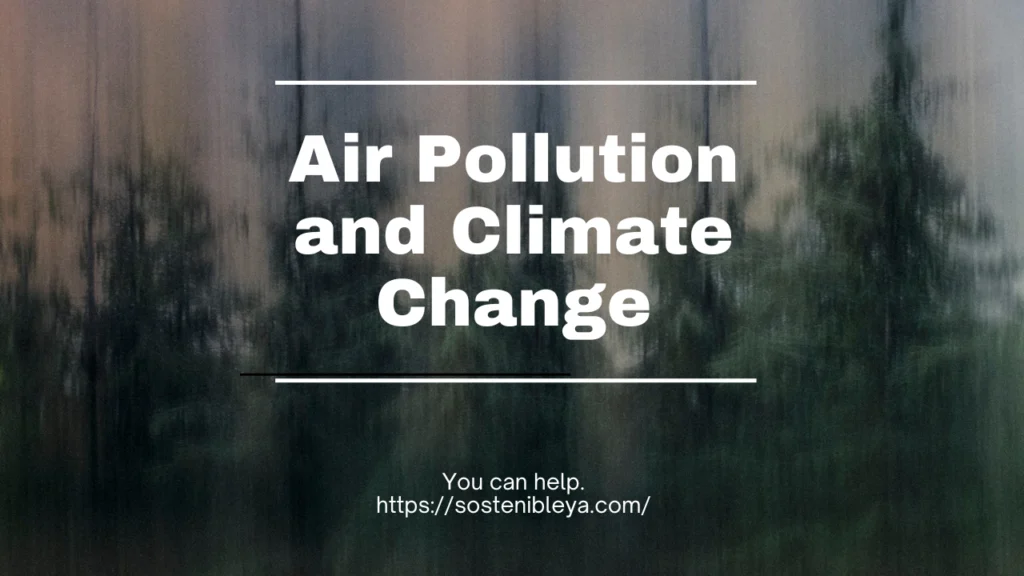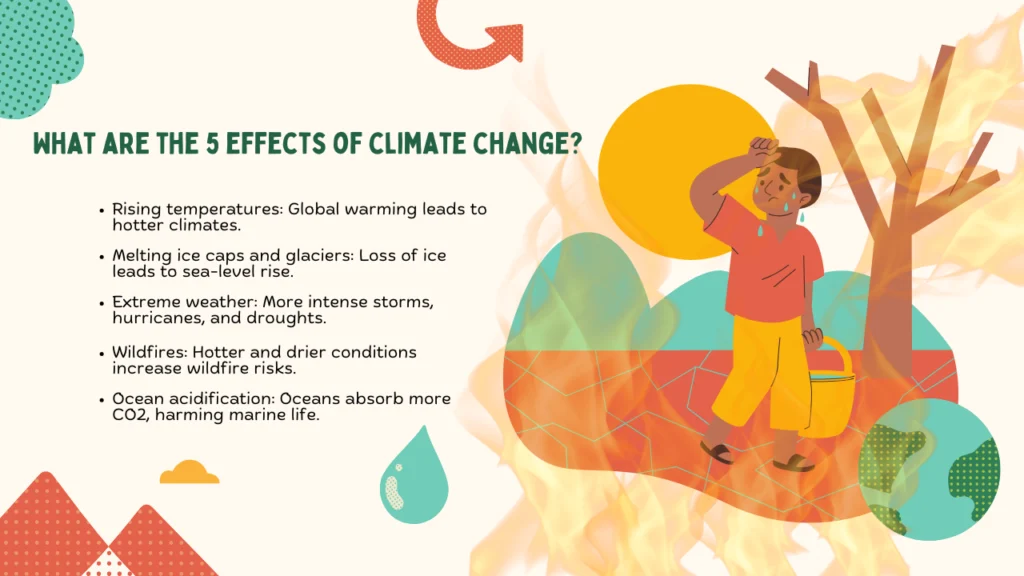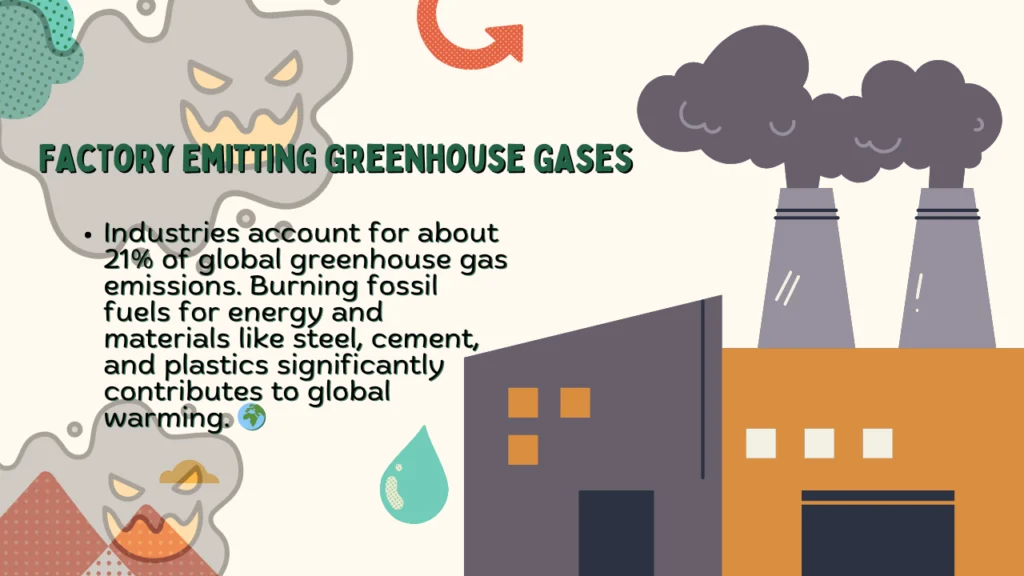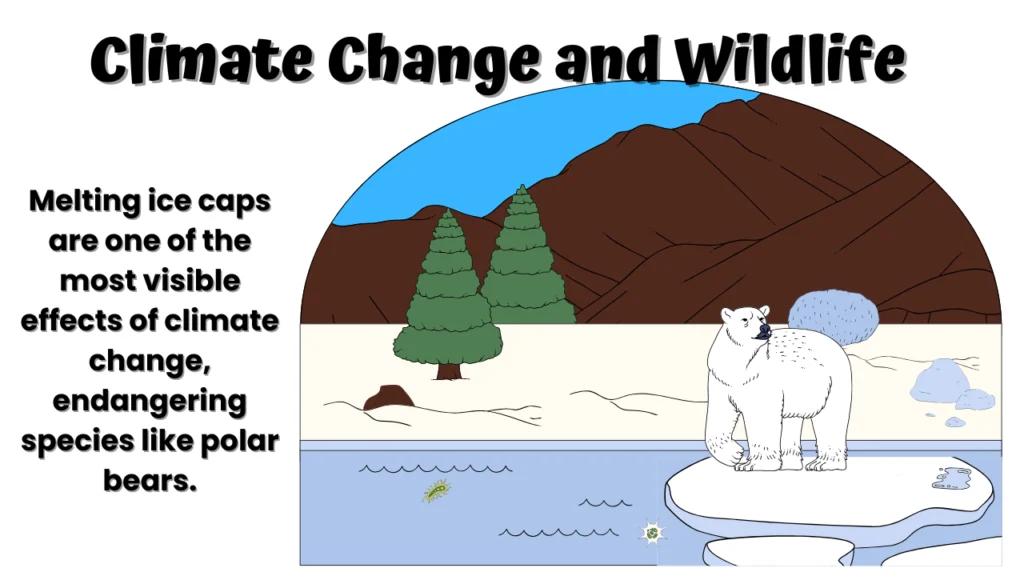Why Is It Important to Take Action Against Climate Change? 🌍

Climate change is one of the most pressing global challenges of our time. Its impacts are already being felt across every continent, affecting ecosystems, economies, and communities. But why is it important to take action against climate change? In this article, we will explore the key reasons why urgent, collective action is critical to ensure a livable future for generations to come.
1. Protecting the Planet from Devastating Impacts 🌱
The primary reason to act against climate change is to protect the environment. As global temperatures rise, we are seeing more extreme weather events such as hurricanes, droughts, wildfires, and floods. If left unchecked, these changes will intensify, causing irreparable damage to ecosystems. Rising sea levels threaten coastal cities and island nations, and shifting climate patterns disrupt agriculture, making food production unpredictable and more expensive.
Fact: If global warming exceeds 3°C by the end of the century, we risk losing countless species, and ecosystems will be pushed to their limits.
2. Safeguarding Human Health 🏥
Climate change is not just an environmental issue; it’s a public health crisis. Increasing temperatures lead to heatwaves, which can cause dehydration, heat strokes, and even death, particularly in vulnerable populations like children and the elderly. Warmer climates also expand the range of vector-borne diseases like malaria and dengue fever.
Moreover, air pollution—driven by burning fossil fuels—exacerbates respiratory diseases such as asthma. By reducing emissions and transitioning to cleaner energy, we can improve air quality and promote better health outcomes globally.
3. Ensuring Food and Water Security 🚜
One of the most severe consequences of climate change is its impact on global food and water resources. Changing weather patterns, such as prolonged droughts and unpredictable rainfall, are already affecting crop yields. Major staples like wheat, corn, and rice are becoming more vulnerable, which could lead to food shortages and increased prices. For more details on the broader effects, check out our article on What are the 7 Effects of Climate Change? to understand other critical impacts.
Water scarcity is also on the rise. Melting glaciers, reduced rainfall, and overuse of water resources are leading to freshwater shortages in many regions, affecting millions of people. Without action, these problems will only worsen.
4. Economic Stability and Job Creation 💼
While climate change poses significant risks to the global economy, addressing it offers economic opportunities. The transition to renewable energy, sustainable agriculture, and eco-friendly industries can create millions of jobs worldwide. For instance, clean energy sectors like solar and wind power are expanding rapidly, providing not only environmental benefits but also economic growth.
Conversely, the cost of inaction is steep. Climate-related disasters such as floods and wildfires result in billions of dollars in damages each year. By taking action now, we can avoid these future economic burdens and build a resilient, low-carbon economy.
5. Mitigating Social and Political Instability ⚖️
Climate change can exacerbate social and political instability. As resources like water and food become scarcer, conflicts over access to these necessities are more likely to arise. In some regions, climate-induced migration is already causing tensions. For instance, extreme droughts in parts of Africa and the Middle East have led to displacement and contributed to social unrest.
By acting on climate change, we can reduce the risks of mass migrations and resource conflicts, contributing to global stability and peace.
6. Preserving Biodiversity 🦋
Our planet’s biodiversity is under threat from climate change. Rising temperatures, habitat destruction, and extreme weather events are causing shifts in the distribution of species and driving some to extinction. Coral reefs, which provide essential habitats for marine life, are being devastated by ocean acidification and warming waters.
By protecting ecosystems through climate action, we can help preserve the biodiversity that is crucial for maintaining the balance of life on Earth.
7. Meeting Global Climate Targets 🎯
To avoid the worst effects of climate change, global temperatures must be limited to no more than 1.5°C above pre-industrial levels. The Paris Agreement, adopted in 2015, is a global commitment to reduce greenhouse gas emissions and limit warming. However, we are currently far from meeting these targets. Immediate and sustained action is required from governments, businesses, and individuals to achieve this goal and prevent catastrophic climate outcomes.
What Happens If We Don’t Act? 🚨
If we fail to take action, the consequences will be dire. Global temperatures could rise by over 3°C, resulting in more frequent and intense natural disasters, massive biodiversity loss, and severe disruptions to food and water supplies. Inaction will also cost far more in the long run, as economies grapple with the fallout from climate-related disasters.
How Can We Take Action Against Climate Change? 🌍
Here are a few critical steps that can help mitigate the impacts of climate change:
- Transition to renewable energy: Adopting solar, wind, and other clean energy sources is essential to reducing emissions.
- Improve energy efficiency: Reducing energy consumption through efficient appliances, buildings, and transportation systems can significantly lower greenhouse gas emissions.
- Support reforestation and conservation: Trees absorb carbon dioxide and help restore ecosystems, making reforestation efforts crucial.
- Adopt sustainable agriculture: Reducing food waste, optimizing land use, and promoting plant-based diets can lessen the environmental impact of food production.
- Advocate for climate policies: Support policies that limit carbon emissions and incentivize businesses to adopt sustainable practices.
Conclusion: The Time to Act is Now ⏳
Why is it important to take action against climate change? The answer is simple: to protect our planet, our health, our economies, and future generations. Climate change is not a distant threat; it is happening now, and its effects will only worsen without immediate action. By working together, we can mitigate its impacts and secure a sustainable, resilient future for all.
FAQs: Action Against Climate Change 🌍
Why is action against climate change important?
Action against climate change is crucial to prevent catastrophic environmental, social, and economic impacts. By reducing emissions and transitioning to sustainable practices, we can protect ecosystems, human health, and global stability.
Why is it important to care about climate change?
Caring about climate change is vital because it affects everyone, from extreme weather patterns to food and water security. Taking responsibility helps mitigate these impacts and ensures a livable planet for future generations.
Why is climate action the most important goal?
Climate action is essential because it addresses the root causes of global warming, such as greenhouse gas emissions. Without it, we risk irreversible damage to the environment, biodiversity, and human health, making it a top priority.
Why is it important to avoid climate change?
Avoiding further climate change is necessary to prevent extreme weather events, rising sea levels, and resource shortages. Failing to act will result in severe disruptions to ecosystems, economies, and communities worldwide.
Why is it important to control the climate?
Controlling climate change through policies and sustainable practices helps reduce the risk of natural disasters, protect biodiversity, and ensure long-term economic stability. It’s about managing our future and avoiding catastrophic outcomes.
Why is it important to be aware of climate change?
Awareness of climate change empowers individuals and communities to take action. Understanding its effects on the planet and society encourages responsible behavior, supports policy changes, and drives the global movement toward sustainability.



